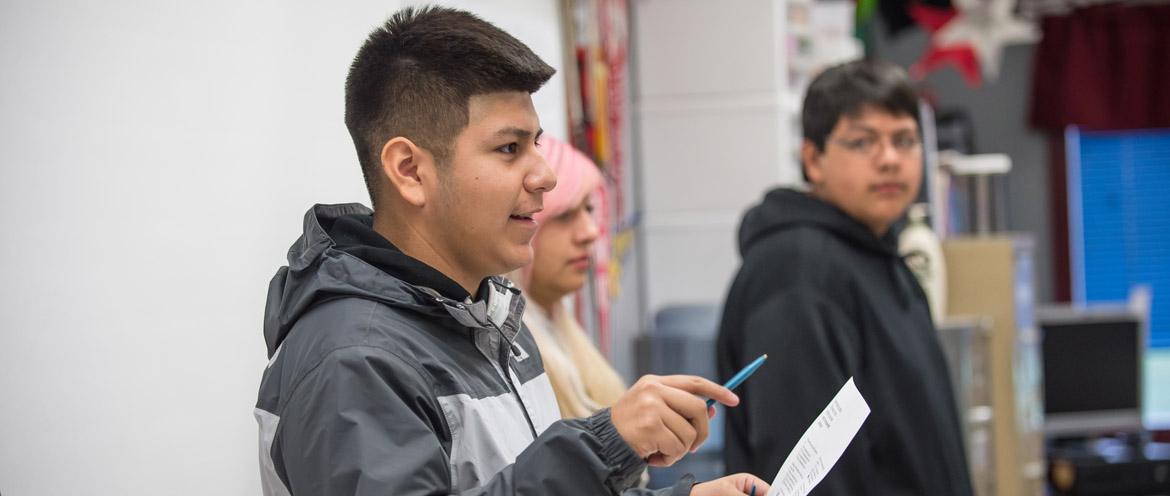Small Districts Fund
Applications are not being accepted for the Small Districts Fund.
Small school districts and rural communities face unique challenges to improving the college readiness of their low-income high school students. Applicants were invited to propose plans and projects that are the best fit for their high schools, school districts, and communities. Some of the strategies that have shown promise at improving college readiness for low-income students include:
- Reform to school discipline policies and practices, including alternatives to suspension
- Data-driven attendance campaigns
- Improved access to Advanced Placement (AP) courses or other methods of earning college credit in high school coupled with improved supports for low-income students in those courses
- Professional development opportunities that are well-defined, sustained, and collaborative

Rural Latino Parent Engagement (Northeast Washington) – $47,900
This project will provide rural communities with resources to better understand the needs, strengths, and priorities of Latino parents and students. The Rural Alliance will use funding to support a collaborative planning effort for five rural districts (Cascade, Manson, Soap Lake, Tonasket, and Waterville). Planning work will begin with hiring a consultant to work with districts to develop a shared understanding of equity goals and plan for improved cultural competency. At the same time, districts will select a bilingual outreach person to engage with parents, community leaders, current and former students, local organizations, and churches to learn more about what is and is not working in current engagement and post-secondary transition support strategies. Districts will participate in a series of meetings to review data about Latino student experiences in ELL, college preparatory coursework, dual credit, and college and career guidance programs. After collecting and analyzing student data and community feedback, the Superintendents will draft a report detailing what they learned and an action plan to address future steps to improve parent engagement and postsecondary transition support.
